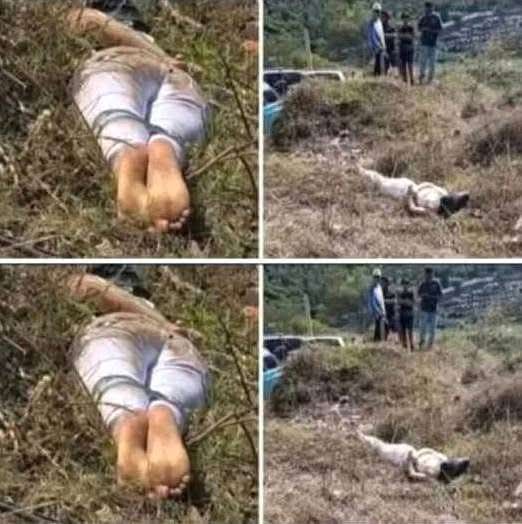Local authorities in Phnom Penh, Cambodia, responded to a call about a woman found lying in a vacant lot near Keng Road and Win Win Boulevard in Sangkat Bak Kheng, Khan Chroy Changvar. According to initial witness reports at the scene, the woman—estimated to be about 30 years old and currently unidentified—was discovered shortly after 11:00 a.m. She was in a physically weakened state but still conscious.
A local resident who passed by the area around 5:30 a.m. later notified the authorities after realizing the woman had not moved for several hours. Emergency responders arrived and took her to Prek Phon Health Center for medical evaluation. Officials noted that she appeared emaciated and may have recently been discharged from a hospital.
Sources: Local police incident reports; health care service updates from Prek Phon Health Center (2025)
A Deeper Look: Urban Isolation and Vulnerability in Southeast Asia
While this incident may seem like a straightforward case of medical assistance, it reflects a broader issue faced by many urban centers in Southeast Asia and around the world—the increasing challenge of supporting vulnerable individuals, including those recovering from illness, the homeless, or those temporarily stranded without help.
Sources: Local police incident reports; health care service updates from Prek Phon Health Center (2025)
Urban Compassion: Why Small Acts of Kindness Matter
Though minor in scale, this incident highlights the importance of community awareness in busy urban environments. The fact that the woman remained unnoticed for several hours reveals a troubling reality in many cities: people in distress can be overlooked even when in plain sight.
In densely populated urban areas like Phnom Penh, where traffic, development, and daily business dominate public spaces, emotional and physical needs—especially among vulnerable groups—often go unnoticed. Experts in urban sociology and public health emphasize the importance of being attentive to those around us, particularly individuals who may not be able to advocate for themselves during moments of distress.
Source: World Health Organization – Social Determinants of Health

I can relate to this. I fell down my three front concrete outside stairs recently. I lay on the grass a bit stunned for a few minutes while I mentally and physically recovered. While there, I noticed a few people on the sidewalk about 30 feet away walking their dogs—no one noticed me on the ground and no one offered to help or to even ask if I was okay. No one even looked in my direction. Turns out I was okay, but I was amazed how people are so wrapped up in what they’re doing that they fail to notice what’s happening around them. We’re turning into zombies!